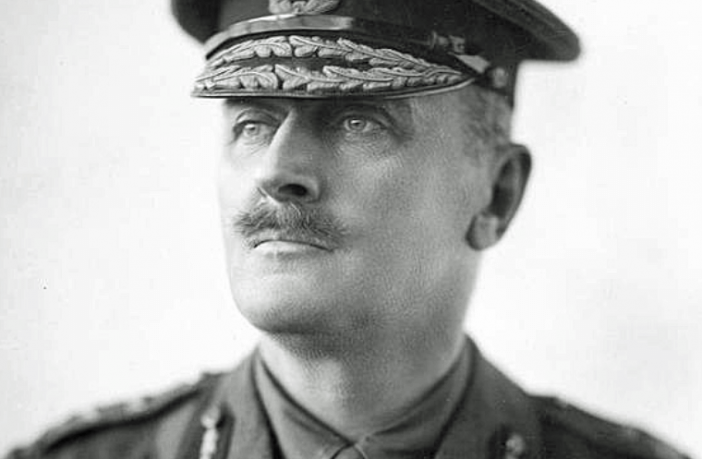Jerusalem conqueror: Who is Edmund Allenby?
He entered Damascus and Aleppo and ended Ottoman rule in Syria. Allenby established Arab military rule in Damascus after the war was over.

(1861-1936) British marshal. He commanded the Allied armies in World War I. Edmund Henry Hynman Allenby was born on 23 April 1861 in Nottinghamshire. He died in London on May 14, 1936. He received religious training for a short time. After twice failing the exam to become a civil servant in India, he passed the Sandhurst Royal Military Academy exams.
In 1882, he served in the cavalry army known as the Inniskilling Dragoons; He went to South Africa with his team. He fought against the Boers in Bechuanaland and Zululand. He was promoted after returning to England in 1886.
In 1899, he went to South Africa again with his regiment and participated in the Boer War, which lasted until 1902. In this war, he showed himself as a good cavalry officer. He was promoted to brigadier general after the end of the Boer War and to major general at the beginning of World War I. Sent to France in 1914 with a cavalry division, he later commanded the V Corps and III Army. Since the cavalry was not needed much in trench warfare in Europe, it could not have an important activity here. When the need for a new commander-in-chief arose in the Middle East, he was appointed to this task. The assignment given to Allenby aroused suspicion among commanders in Europe. But Allenby, who followed a method that went 'outside the traditional cavalry tactics', was successful against the expectations. This was the last war in history in which the cavalry played a decisive role.
In 1917, he defeated the Ottoman Army in Gaza and took Jerusalem. After the defeat of Megiddo in 1918, he entered Damascus and Aleppo, ending Ottoman rule in Syria. While most of the Muslims in the Arabian Peninsula remained loyal to the Ottoman Empire, the Sheriff of Mecca Hussein agreed with the British and opposed Ottoman rule. An Arab army was formed in the Hejaz under the command of Hussein's son Faisal. This army, under Allenby's command, participated in the capture of the eastern region of Jordan. Allenby established Arab military rule in Damascus after the war was over.
He was promoted to marshal in 1919 and received the title of viscount. In the same year, he was appointed as the high commissioner of Egypt. Britain had established a protectorate by invading Egypt in 1914. After the end of the war in 1918, former legislator Saad Zaglul and several delegates from the pre-Allenby high commissioner Wingate, declaring that they were the sole representatives of the Egyptian people, called for the abolition of the protectorate and negotiations with the British Government on the future of Egypt. Upon the rejection of their request, mingling began among the Egyptian people, and when Zaglul and his supporters were arrested and sent to Malta, large-scale resistance was organized. Allenby, who was appointed high commissioner at this stage, released Zaglul and his friends and did not prevent them from participating in the peace talks in Paris. But in Paris, they were not given the right to speak.
Allenby contributed to the drafting of the treaty granting formal independence to Egypt in 1922. According to this treaty, England gave independence to Egypt but retained the rights such as defense, protection of roads, and ensuring the security of foreigners and minorities residing in Egypt, the British occupation forces and advisors, and other representatives remained in Egypt. Allenby remained high commissioner until his retirement in 1925.
